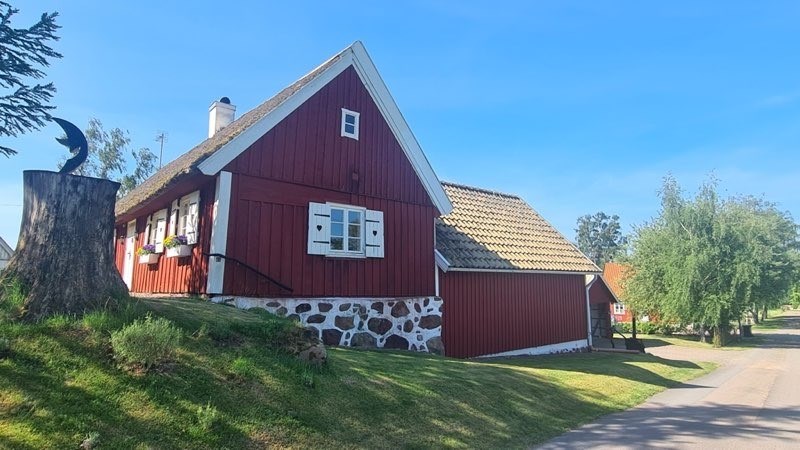
Lest we forget? Aside from Anzac Day, NZ has been slow to remember its military veterans
Fiona Goodall/Getty ImagesFollowing some very public protests, including Victoria Cross recipient Willie Apiata handing back his medal, the government’s Läs mer…

